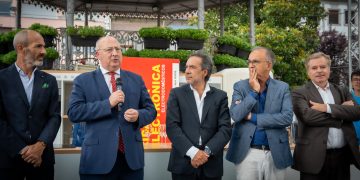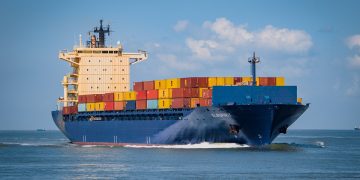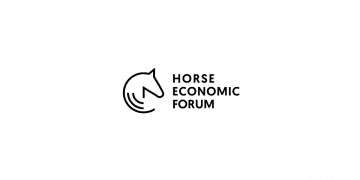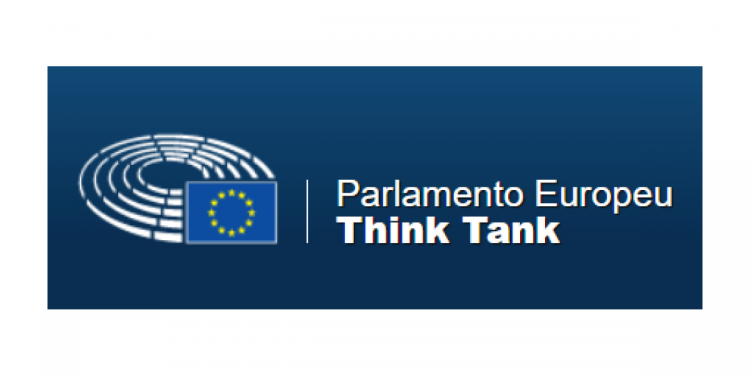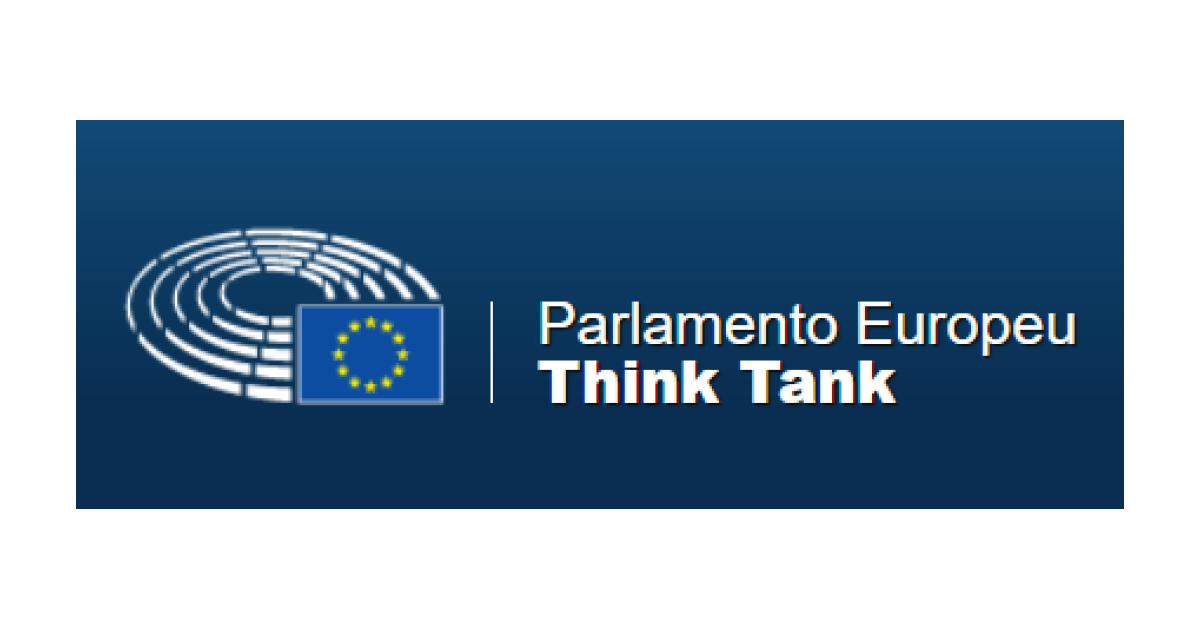Most of the world’s farmers are engaged in small scale agriculture. The majority of them are in developing countries but there are many in developed countries as well. Small farms make up the vast majority of the EU’s 10 million farms. What constitutes a small farm depends on the context. However, improving the conditions of small-scale food producers is a global objective. Recent studies have lowered past estimates of how much of the global food supply is produced by small farms. Notwithstanding the complex nature of such estimates and the possible under-estimation of small operators’ production because of self consumption, it is clear that small farms allocate larger shares of their production to food and have a more diversified produce portfolio than larger farms. Moreover, small farms’ role in food production and availability also depends on their involvement in local food systems: when they are well connected in the supply chain, small scale producers tend to leave less space for self provisioning and their businesses are more viable. In addition to producing food, small farms play a key role in the EU’s rural world. They are typically associated with protecting landscape features and biodiversity and the notion of providing public goods. They help to maintain lively rural and remote areas, help preserve the identity of regional production, and offer employment in regions with fewer job opportunities. Yet, the pace of disappearance of small farms has been quite rapid in recent decades. Unfavourable demographic change in rural areas is part of the explanation. In addition, it is small farms that suffer most from the challenges facing the agricultural sector, such as market pressures and weather extremes, and they have to invest greater effort to engage in innovation and new technology. The EU’s farm policy includes specific measures to address small farms’ needs, although most of the EU’s agricultural funds go to farms with larger farmland areas. However, the new policy framework that will start operating as of 2023 provides a valuable opportunity for EU Member States to use the flexibility offered in the development of their strategic plans to tailor measures to small farms and local conditions and help preserve the economic, social, and environmental assets that small farms bring to the EU food system.
O artigo foi publicado originalmente em Think Tank - Parlamento Europeu.




